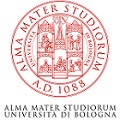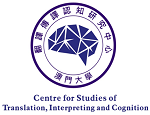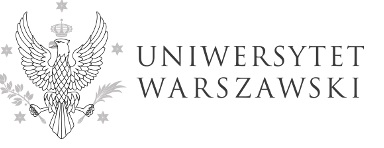The purpose of this article is to introduce a systematic translation procedure called Semic Verbalisation (SV), which draws on componential analysis so as to first lexicalise and then translate a word's sense components. While construing a hybrid denotational-mentalistic conception of meaning, a series of steps will be formulated that are useful for solving various practical translation problems. The procedure is based on philosophy of language (Russell, Tarski, Frege, Quine and Wittgenstein), linguistics (Katz & Fodor) and translation studies (in particular Newmark). Its practical applications for translation studies will be illustrated, and, in the discussion, its advantages and drawbacks will be scrutinised from both a theoretical and a practical perspective.










































